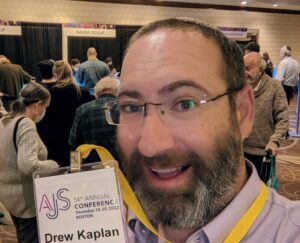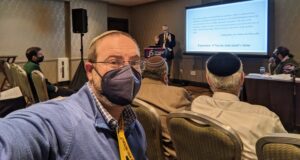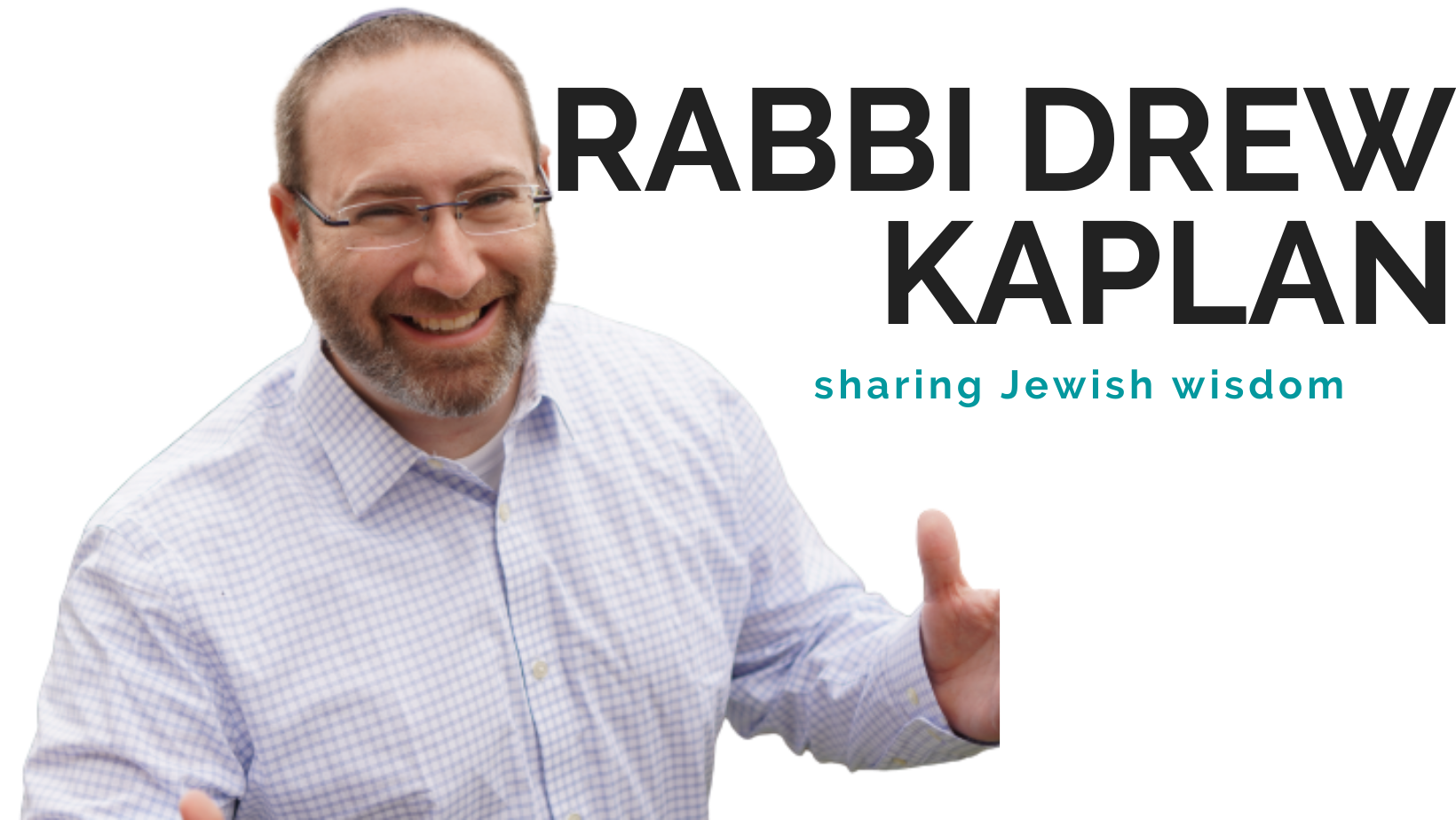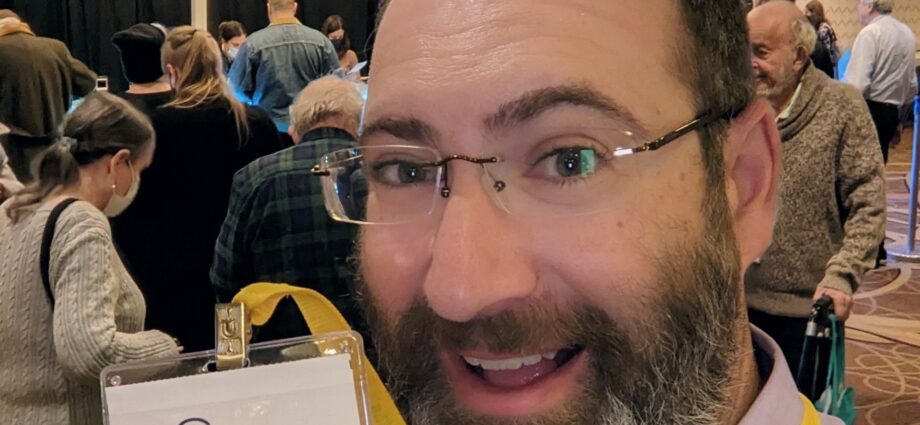
Having attended the 54th Conference of the Association for Jewish Studies two weeks ago, I appreciated the opportunity to be enriched, to be reinvigorated, and to be overall intellectually stimulated. It is not only neat to be able to hear what some of the newest research trends and topics are in the field of Jewish studies, but also to be able to hear from those doing the research and writing, as well as meeting them, and to ask them questions, which is always a neat treat.
I have to express my appreciation to my employer, Majestic Care of Cedar Village, for allowing me to attend this conference, where I serve as the Director of Pastoral Care and Jewish Life, as well as Jewish Home of Cincinnati, who funded this professional development opportunity for me. Thank you.

As I had done having attended the previous year’s conference, I shared with residents of Majestic Care of Cedar Village highlights of papers I heard, while we held our weekly Wednesday Bagels Discussion last week. This way, in addition to my having been intellectually stimulated, mentally enriched, and more, I could also bring back a direct deliverable to the residents.

The panels I attended were “Magic, Methods, and the Mishnah: The Dynamism of Medieval Texts”, “Refining our Research Methods in the 21st Century: Challenges and Opportunities in Scholarship on Rabbinics”, “Human-Divine Relations in Liturgy and Theurgy”, “Gender, Embodiment and Animality in Rabbinic Texts”, “What Is Halakhah: Methodological Reflections”, “On Bavli Narratives/Normativity in Midrash and Talmud”, “Late Antique and Medieval Reflections on the Hebrew Bible in Their Contexts”, and “Social Consideration and Innovation in Medieval Ashkenazic Halakhic Culture”. While I attended mostly sessions on Talmud/Rabbinic Literature, I made sure – as I always do – to check out papers in other fields, as well.
I am once again thankful for this opportunity and glad to have been able to attend.

